The school yard is filled with laughter
For several months now, the yard of Nguyen Thai Binh Secondary School (Binh Phu Ward) has been bustling with the laughter of students, no longer seeing groups of students gathering to watch their phones during recess. Thanks to the large school yard, students are free to choose their favorite sport to participate in. Some play soccer, some play basketball, some play shuttlecock. Others choose to arrange flowers or join the art club. Another area has a movie theater that attracts quite a lot of students.
These changes originated when Nguyen Thai Binh Secondary School applied the model of no-phone recess. When students want to contact their families, they can use 5 landline phones. For lessons that require internet connection, the school has 2 computer rooms that can organize teaching.
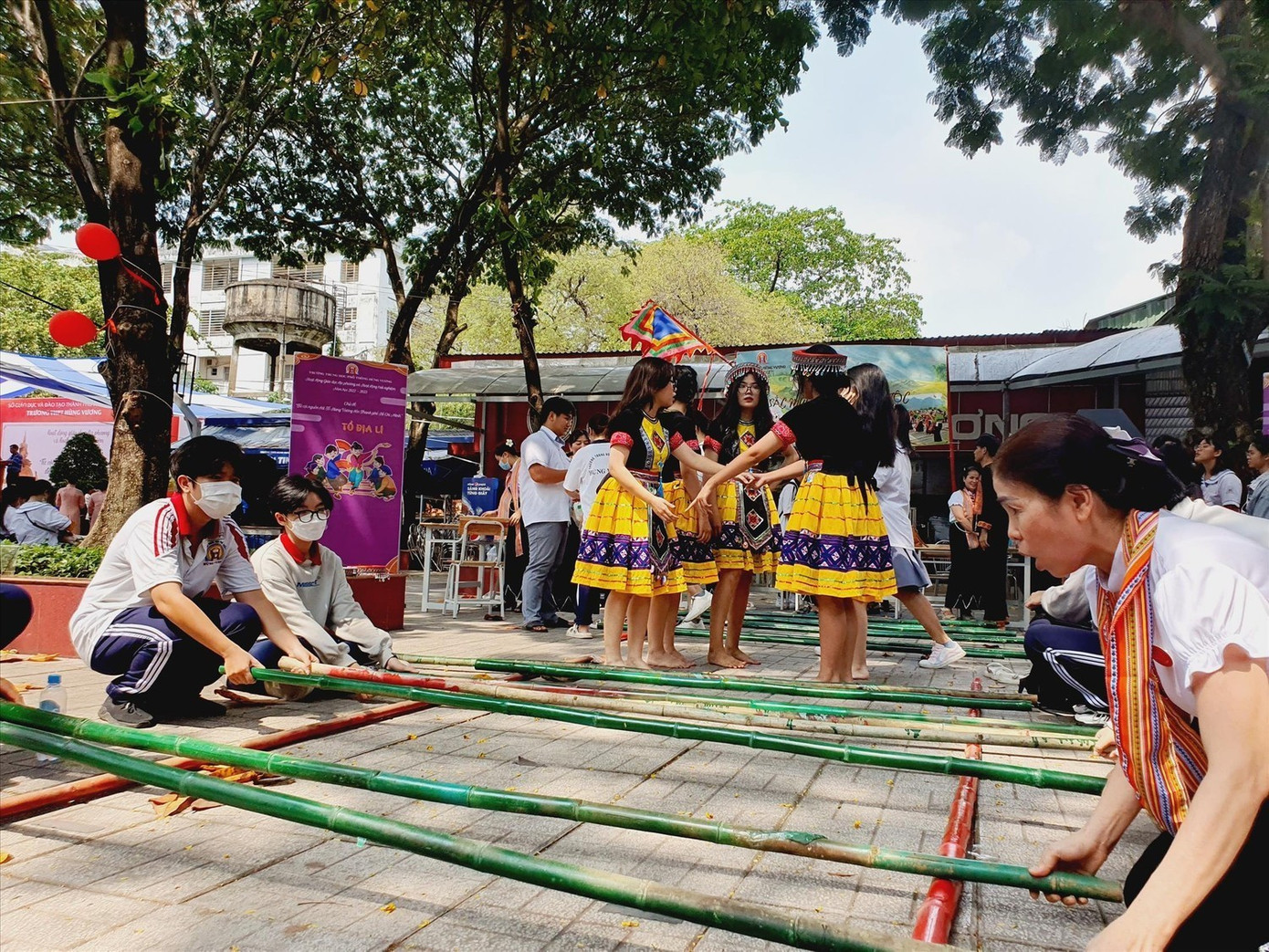
Thanh Loc High School (An Phu Dong Ward) started implementing the policy of banning students from using cell phones in school since the previous school year. Mr. Dang Van Thanh, Vice Principal of the school, commented: The school has equipped public phones for students to contact when needed. The school also organizes many activities such as volleyball, basketball, music club, jump rope, dance, chess groups, Chinese chess... for students to interact during recess. The school also encourages teachers to accompany students during recess to create more atmosphere for them.
According to Mr. Nguyen Van Hieu, Director of the Department of Education and Training of Ho Chi Minh City, students' misuse of mobile phones entails many risks: Students can be scammed through social networks, have their personal information hacked, and some students can even be lured out of school, affecting their safety. In addition, excessive use of mobile phones also makes students dependent, reduces direct interaction and limits mobility.
“After a year of implementation, students have clearly shown concentration in their studies. Recess has become a lively and dynamic time when students increase their communication and connection,” Mr. Thanh shared.
During the pilot program of not allowing students to use cell phones on campus, Mr. Trinh Duy Trong, Principal of Truong Chinh High School, admitted that managing this issue is not simple because students are too familiar and attracted to games on the phone. Therefore, the school actively communicates so that students understand the regulations and implement them well. To help students stay away from cell phones, the school invests in facilities and playgrounds so that they can play sports .
Digital transformation application
In Ho Chi Minh City, students were not allowed to use cell phones many school years ago.
Le Van Tam Secondary School (Binh Thanh Ward) has strictly prohibited students from using cell phones on campus, including during class and playtime. Instead, the school promotes the application of information technology, focusing on investing in facilities. The school has two computer rooms to organize teaching if teachers need it. In addition, the school also has a smart library equipped with 50 computers to help students look up information. The school also has a separate landline phone area for students to contact their parents when necessary, completely free of charge.
Similarly, Nguyen Van Luong Secondary School (Binh Phu Ward) has not allowed students to bring cell phones into school for many years. This is clearly stated in the school's regulations. Students will be warned, even have their conduct assessed if they violate the rules repeatedly. According to Mr. Dinh Phu Cuong, the school's principal, the school has a computer room and a projector to serve teaching purposes.
Ms. Cao Thi Thien Phuc, Head of the Student Department of the Ho Chi Minh City Department of Education and Training, said that the phone-free school model has been implemented in a number of countries and has shown clear effectiveness. In Finland, students are encouraged to exercise outdoors instead of using phones. Schools design many open spaces for students to play and study by themselves. In Japan, schools require students to put away their phones at the school gate, and recess is reserved for physical education and club activities. Meanwhile, although Korea implements technology in the classroom, it strictly prohibits the use of phones during recess. Singapore educates students about cyber health, organizes green recess and tree care activities...

Ho Chi Minh City pilots banning students from using cell phones during recess
Source: https://tienphong.vn/keo-hoc-tro-roi-man-hinh-dien-thoai-post1785358.tpo


![[Photo] Ho Chi Minh City is brilliant with flags and flowers on the eve of the 1st Party Congress, term 2025-2030](https://vphoto.vietnam.vn/thumb/1200x675/vietnam/resource/IMAGE/2025/10/10/1760102923219_ndo_br_thiet-ke-chua-co-ten-43-png.webp)

![[Photo] Opening of the World Cultural Festival in Hanoi](https://vphoto.vietnam.vn/thumb/1200x675/vietnam/resource/IMAGE/2025/10/10/1760113426728_ndo_br_lehoi-khaimac-jpg.webp)

![[Photo] General Secretary attends the parade to celebrate the 80th anniversary of the founding of the Korean Workers' Party](https://vphoto.vietnam.vn/thumb/1200x675/vietnam/resource/IMAGE/2025/10/11/1760150039564_vna-potal-tong-bi-thu-du-le-duyet-binh-ky-niem-80-nam-thanh-lap-dang-lao-dong-trieu-tien-8331994-jpg.webp)




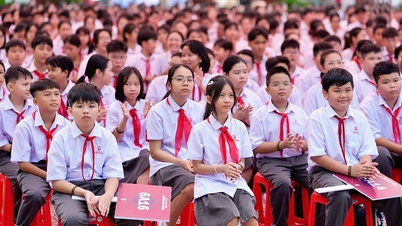



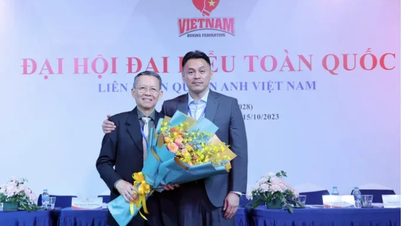
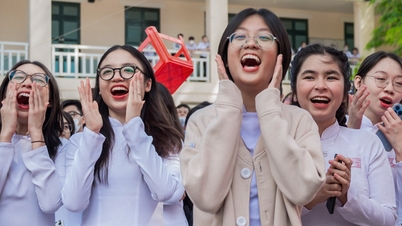

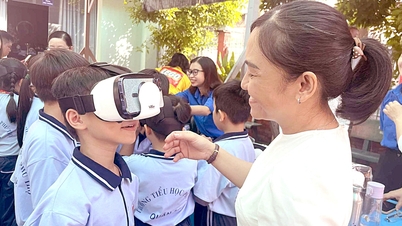

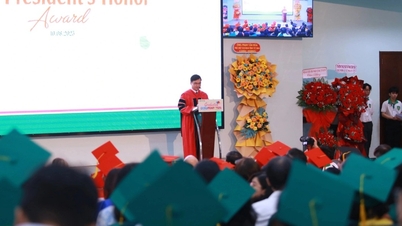


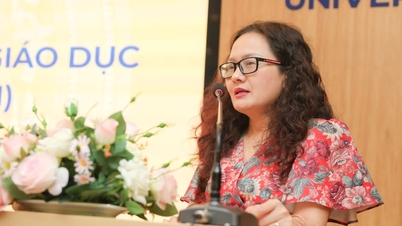

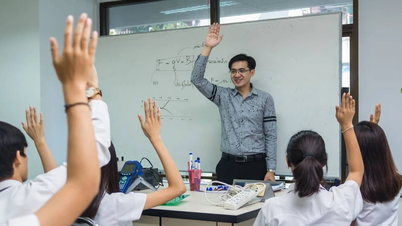






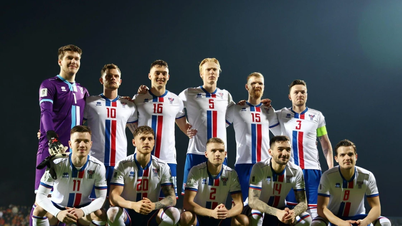

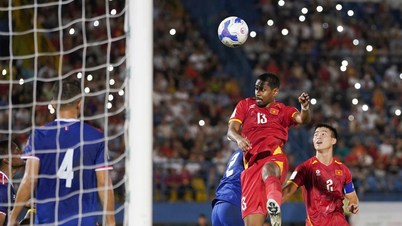



































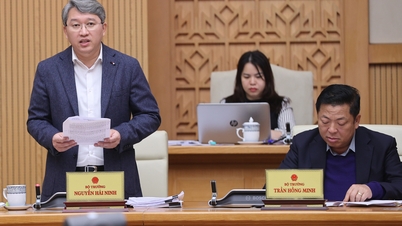



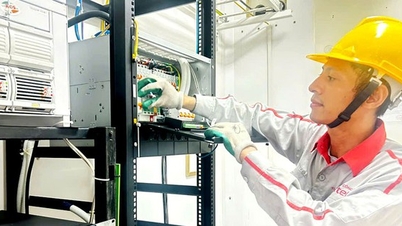


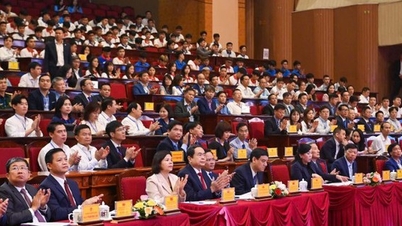
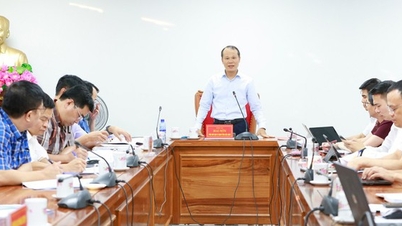




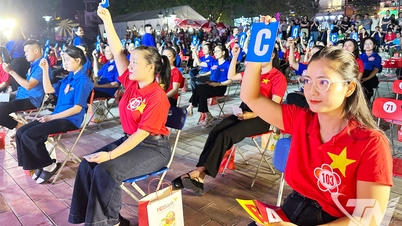



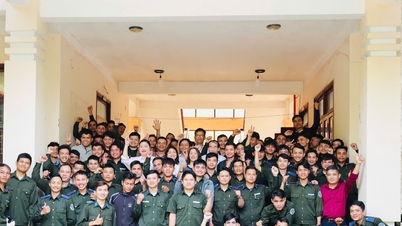

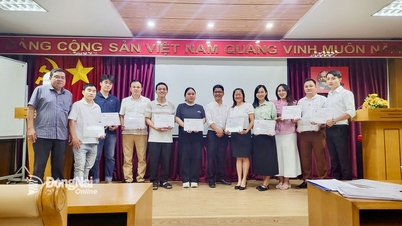
















Comment (0)